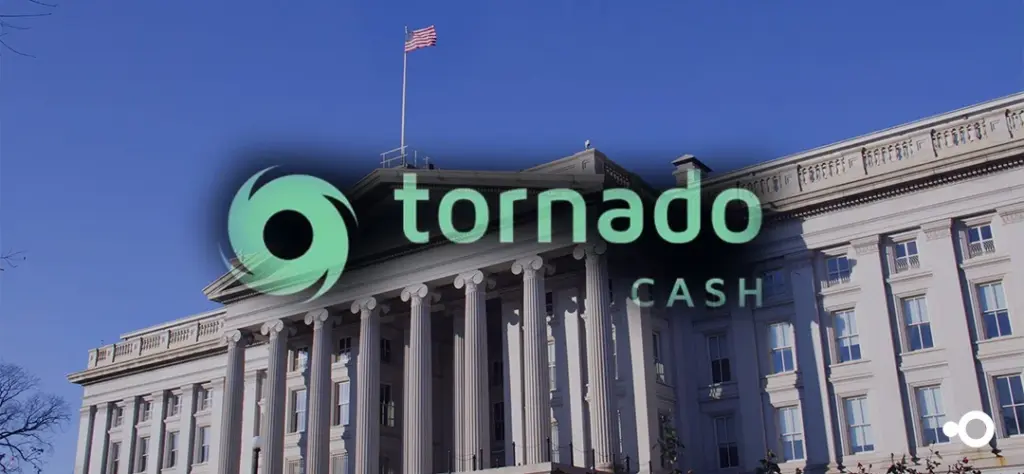A U.S. appeals court ruled that OFAC overstepped by sanctioning Tornado Cash‘s smart contracts, lifting the ban.
An appeals court in the United States has determined that the Treasury Department’s Office of Foreign Assets Control (OFAC) exceeded its authority by authorizing Tornado Cash’s immutable smart contracts. This decision reverses previous actions taken by OFAC and removes Tornado Cash’s smart contracts from the sanctions list, thereby enabling U.S. citizens to resume their use of the protocol.
United States Court Rule Tornado Cash Smart Contracts are not Property.
On November 26, the Fifth Circuit Court of Appeals issued a significant decision regarding the legality of the sanctions that OFAC had imposed on Tornado Cash. The court determined that the sanctions were unconstitutional due to the fact that Tornado Cash’s smart contracts are immutable open-source code and hence cannot be owned or controlled by any entity or individual.
The three-judge panel held that Tornado Cash’s immutable smart contracts (the lines of privacy-enabling software code) are not the “property” of a foreign national or entity. The court clarified that OFAC is only authorized to sanction property owned or controlled by foreign persons under the International Emergency Economic Powers Act (IEEPA), which does not extend to autonomous smart contracts.
The plaintiffs, led by Joseph Van Loon, filed a motion for partial summary judgment in a Texas district court, challenging the sanctions. The court directed the court to grant the motion.
